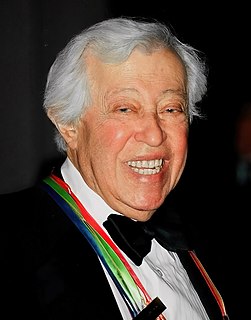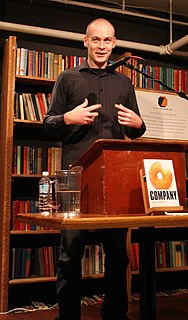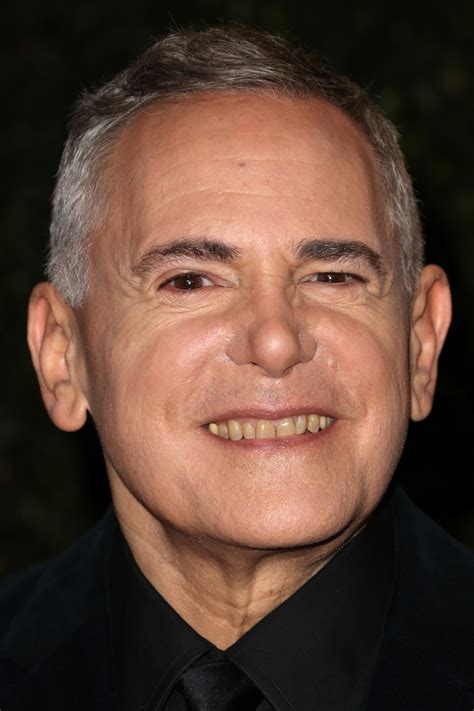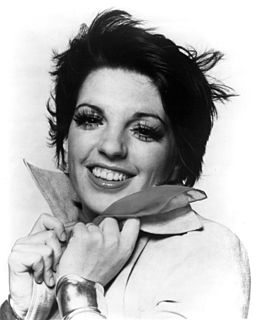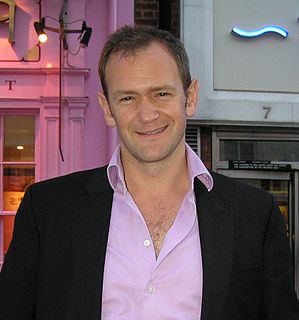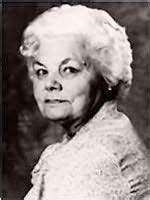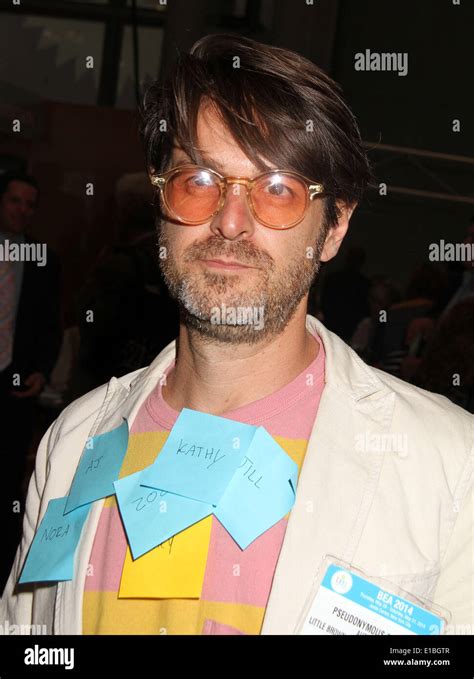A Quote by Adolph Green
I had met a young lady who wanted to be in the theater. It was Judy Holliday. She had somehow fallen down the steps of the Village Vanguard, which still exists today.
Related Quotes
The tent in which she first met him had smelled of blood, of the death she did not understand, and still she had thought of it all as a game. She had promised him the world. His flesh in the flesh of his enemies. And much too late had she realized what he had sown in her. Love. Worst of all poisons.
Judge and prosecutor had hammered it home that Lady Chatterly was an immoral woman, that she had had sexual relations before marriage, that she had committed adultery under her husband's roof; as if these charges somehow disqualified her from participation in serious literature. Indeed, there were long periods of the trial during which an outsider might well have assumed that a divorce case was being heard.
One day, a pretty, fresh-faced young lady - intelligent and sincerely concerned - asked me if abortion wasn't preferable to making a young, unmarried girl have a baby she didn't want and which would, therefore, grow up unloved and probably turn out to be a criminal. I gave an answer which apparently she hadn't considered. I told her there were literally millions of people in this country who wanted but could not have children and who waited eagerly, sometimes for years, to adopt the baby she had described.
She had been in situations like this, where people said, Convince me, and in none of those had they actually wanted to be convinced. She could lay down a perfect argument and they just invented new bullshit on the spot to justify why the answer was still no. When people said, Convince me, she knew it didn’t mean they had an open mind. It meant they had power and wanted to enjoy it a minute.
She wanted to leave, she wanted to lie alone face down on her bed and savor the vile piquancy of the moment, and go back down the lines of branching consequences to the point before the destruction began. She needed to contemplate with eyes closed the full richness of what she had lost, what she had given away, and to anticipate the new regime.
She (Judy Garland) was a friend of mine, a trying friend, but a friend. That is what I tell myself: She did everything she ever wanted to do. She never really denied herself anything for me. See, I say, she had a wonderful life; she did what she wanted to do. And I have no right to change her fulfillment into my misery. I'm on my own broom now.
Lady Dance's music wasn't a magic charm. I'd misunderstood. We had all failed to understand. The song and dance didn't stop us dying. It just stopped the fear of death swallowing us up while we were still alive. 'Rejoice,' came the soft voice of Lady Dance in my mind. 'Watch the moon and stars...' Death had ruled my life till I met Lady Dance. Her dance had set me free.
Occasionally they came to villages, and at each village they encountered a roadblock of fallen trees. Having had centuries of experience with the smallpox virus, the village elders had instituted their own methods for controlling the virus, according to their received wisdom, which was to cut their villages off from the world, to protect their people from a raging plague. It was reverse quarantine, an ancient practice in Africa, where a village bars itself from strangers during a time of disease, and drives away outsiders who appear. (94)
She wasn't looking her best; her hair was coming down, for she had shed hairpins as she'd run, and her face lacked powder and lipstick. She looked hot and tired and surprisingly happy. He thought that he had never seen anyone quite as beautiful, so absolutely necessary to his happiness. It wasn't the first time he had fallen in love, but he knew that this was the last.
I think my mother became the muse because she had everything when she was in Hollywood: she had the marriage, the success, the money, all the films she wanted to do and yet even her, she had a longing and wanted to work with a film that had meaning, something more profound. And I think that was very touching to father.
